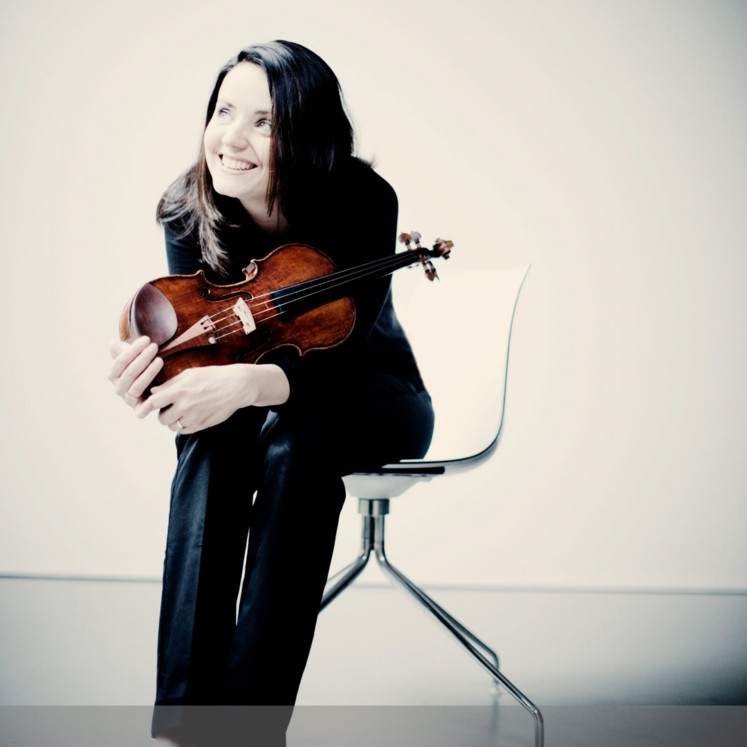
„We can still use old forms to write new music“. With this statement Krzysztof Penderecki reacted to the harsh criticism provoked by the 1977 world premiere of his Violin Concerto No.1 in avant-garde musical circles. Once an uncompromising innovator at the forefront of adventurous modernism, in the 1970s Penderecki began increasingly to compose works which reverted to a more traditional tonal language – and it is this which explains his extraordinary popularity with a wide audience to this day. In these works, including the 1st Violin Concerto, he makes an explicit connection to the sound worlds of the fin de siècle, specifically to the harmonies of Wagner's successors, and also to the symphonies of Bruckner, which he held to be unsurpassed: „In the symphony Bruckner is my master“, he professed in an interview as late as 2000. Markus Poschner and the Bruckner Orchestra Linz have taken this assertion to heart and, together with the internationally acclaimed Latvian violinist Baiba Skride, have programmed Penderecki's work, which Isaac Stern, the violinist at the world premiere called the most important violin concerto since that of Alban Berg, alongside Bruckner's 9th symphony in D minor – a work which casts its shadow forward far into the world of contemporary music.
Krzysztof Penderecki (1933–2020)
Concerto for Violin and Orchestra Nr. 1 (1976–77, rev. 1988)
– Interval –
Anton Bruckner (1824–1896)
Symphony Nr. 9 in D minor, WAB 109 (1887, 1891–94)
Baiba Skride | Violin
Bruckner Orchester Linz
Markus Poschner | Conductor